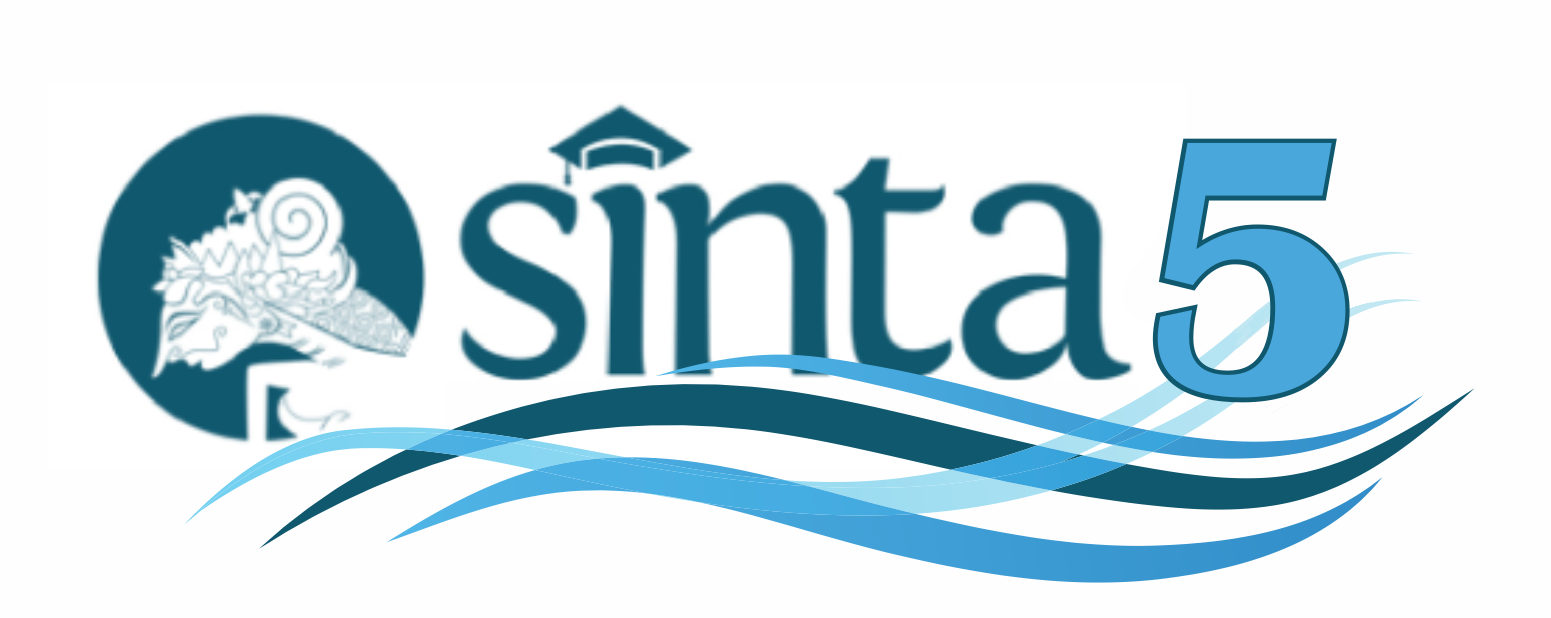Strategi Pengelolaan Kawasan Ekowisata Mangrove Berkelanjutan Di Taman Wisata Alam Teluk Yotefa Kota Jayapura.
DOI:
https://doi.org/10.31957/acr.v5i1.2824Abstract
The concept of environmental management based on sustainability ecotourism is starting to be seen as important given the large amount of environmental damage. Until now the mangrove forest in Yotefa Jayapura Bay Nature Park has not been managed properly as an ecotourism destination, therefore a Mangrove Ecotourism Area Management Strategy is needed in Yotefa Jayapura Bay Nature Park. This study aims to analyze the management strategy for the mangrove ecotourism area in Hamadi Beach, Kota Jayapura using a qualitative approach with descriptive analysis and SWOT analysis. The results of the study show that based on observations through surveys, it is known that Mangrove forests, especially around the Yotefa Bay Nature Park, Jayapura. There are 4 strategies in managing the mangrove ecotourism area management strategy at Hamadi Beach, Jayapura City, namely: 1. Development of community-based ecotourism with support government through related agencies, 2. Providing comfortable and safe facilities and infrastructure and improving the arrangement of facilities that are lacking, 3. Increasing community participation in various activities related to mangrove forests and tourism, 4. Outreach to ecotourism activities for the community.
Downloads
References
Anonimus, 2022. Ekowisata. https://id.wikipedia.org/wiki/Ekowisata? Veaction =edit§ion=3. Diundu tanggal 3 Agustus 2022.
BKSDA PAPUA. 2021. BAPEDA: RPJP TWA Teluk Youtefa Tahun 2021-2030
Dayanti, K., Aluumni, D., Syariah, F., Ilmu, D., Uin, H., Riau, S., Kunci: Pendapatan, K., & Retribusi, O. W. (2013). Kontribusi Objek Wisata Dalam Peningkatan Ekonomi Masyarakat Kabupaten Kuantan Singingi Menurut Perspektif Ekonomi Islam. Hukum Islam, XIII XIII(1).
Diundu tanggal 4 Agustus 2022.
Eka Fitriah, Yuyun Maryuningsih, Edy Chandra, Asep Mulyani. 2013. STUDI ANALISIS PENGELOLAAN HUTAN MANGROVE KABUPATEN CIREBON. JURNAL SCIENTIAE EDUCATIA VOLUME 2 EDISI
Husnul Abdi. 2020. 10 Tempat Wisata Hutan Mangrove di Indonesia yang Indah dan Menyejukkan. https://hot.liputan6.com/read/4220972/10-tempat- wisata-hutan-mangrove-di-indonesia-yang-indah-dan-menyejukkan.ISSN (print) 2339-0913. ISSN (online) 2549-5747
Karimah. 2017. Peran Ekosistem Hutan Mangrove Sebagai Habitat Untuk Organisme Laut. Program Studi Magister Pendidikan IPA Universitas Mataram. Jurnal Biologi Tropis, Juli-Desember 2017: Volume 17 (2) p- ISSN: 1411-9587 e-ISSN:2549-7863.
Latupapua, Y. 2007. Studi Potensi Kawasan dan Pengembangan Ekowisata di Tual Kabupaten Maluku Tenggara. Jurnal Agroforestri, Vol.II, No.1, Maret 2007.
Paembonan Kurnia. 2021. Strategi Pengelolaan Potensi Ekowisata Yang Berkelanjutan Di Taman Wisata Alam Teluk Youtefa Jayapura Provinsi Papua
Ramadhani, Gita. “Analisis Dampak Adanya Ekowisata Mangrove Pada Kehidupan Sosial Ekonomi Masyarakat Di Desa Pasir Kabupaten Mempawah†dalam Jurnal Universitas Tanjungpura. 2018.
Sukuryadi; Nuddin Harahab; Mimit Primyastanto; dan Mas’ad. 2021. DAMPAK PENGEMBANGAN EKOWISATA MANGROVE TERHADAP KONDISI EKONOMI MASYARAKAT PESISIR DESA LEMBAR LOMBOK BARAT. GEOGRAPHY Jurnal Kajian, Penelitian dan Pengembangan Pendidikan
Winardy Putra. 2014. Kawasan Ekowisata Hutan Mangrove Di Desa Kuala Karang Kabupaten Kubu Raya. Jurnal online mahasiswa Arsitektur Universitas Tanjungpura. Volume 2 / Nomor 2 / September 2014
Downloads
Published
Issue
Section
License
Authors who publish with this journal agree to the following terms:
- Authors retain copyright and grant the journal right of first publication with the work simultaneously
licensed under a Creative Commons Attribution-NonCommercial-ShareAlike 4.0 International License
that allows others to share the work with an acknowledgement of the work's authorship and initial
publication in this journal. - Authors are able to enter into separate, additional contractual arrangements for the non-exclusive
distribution of the journal's published version of the work (e.g., post it to an institutional repository
or publish it in a book), with an acknowledgement of its initial publication in this journal. - Authors are permitted and encouraged to post their work online (e.g., in institutional repositories or
on their website) prior to and during the submission process, as it can lead to productive exchanges,
as well as earlier and greater citation of published work (See The Effect of Open Access).




















